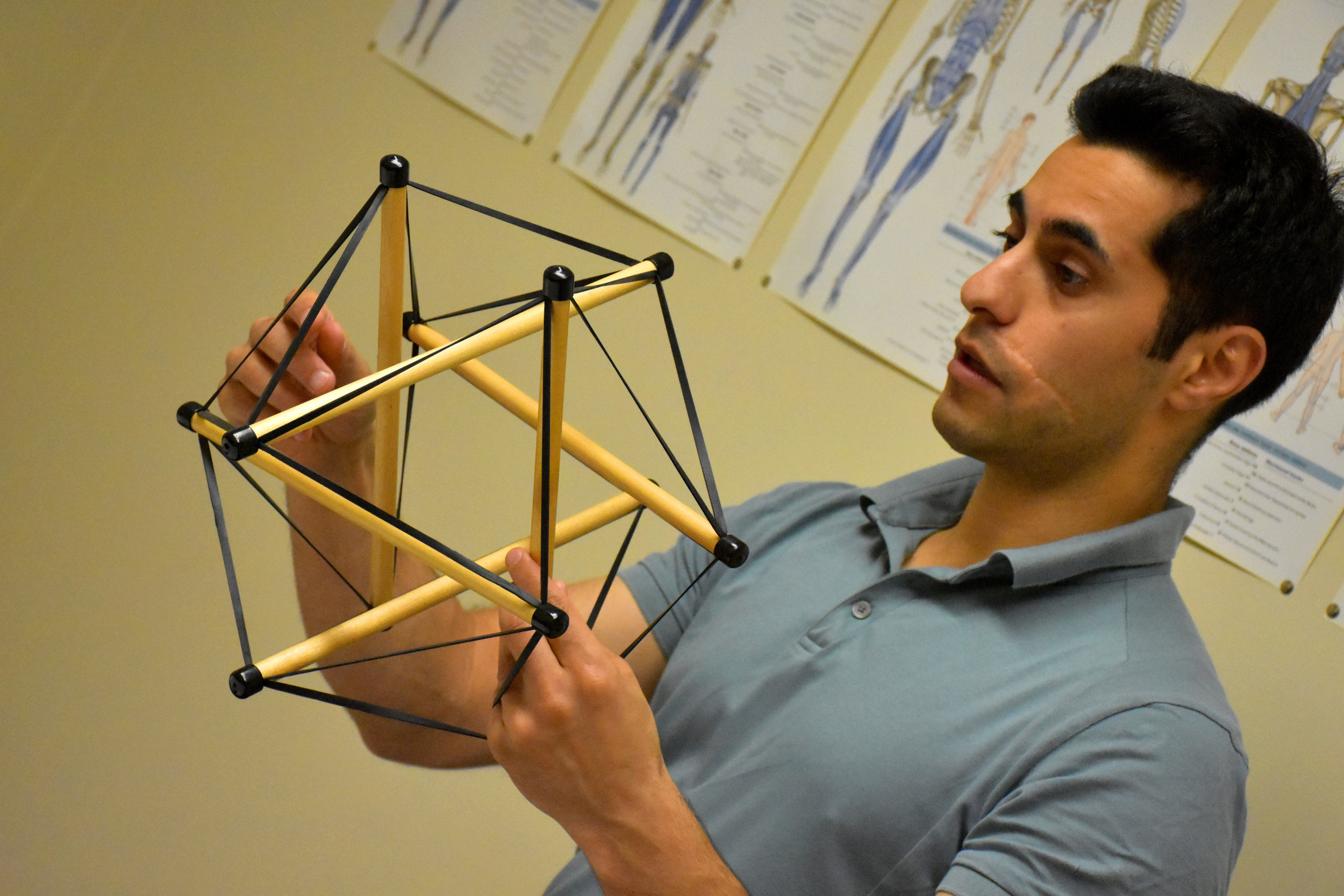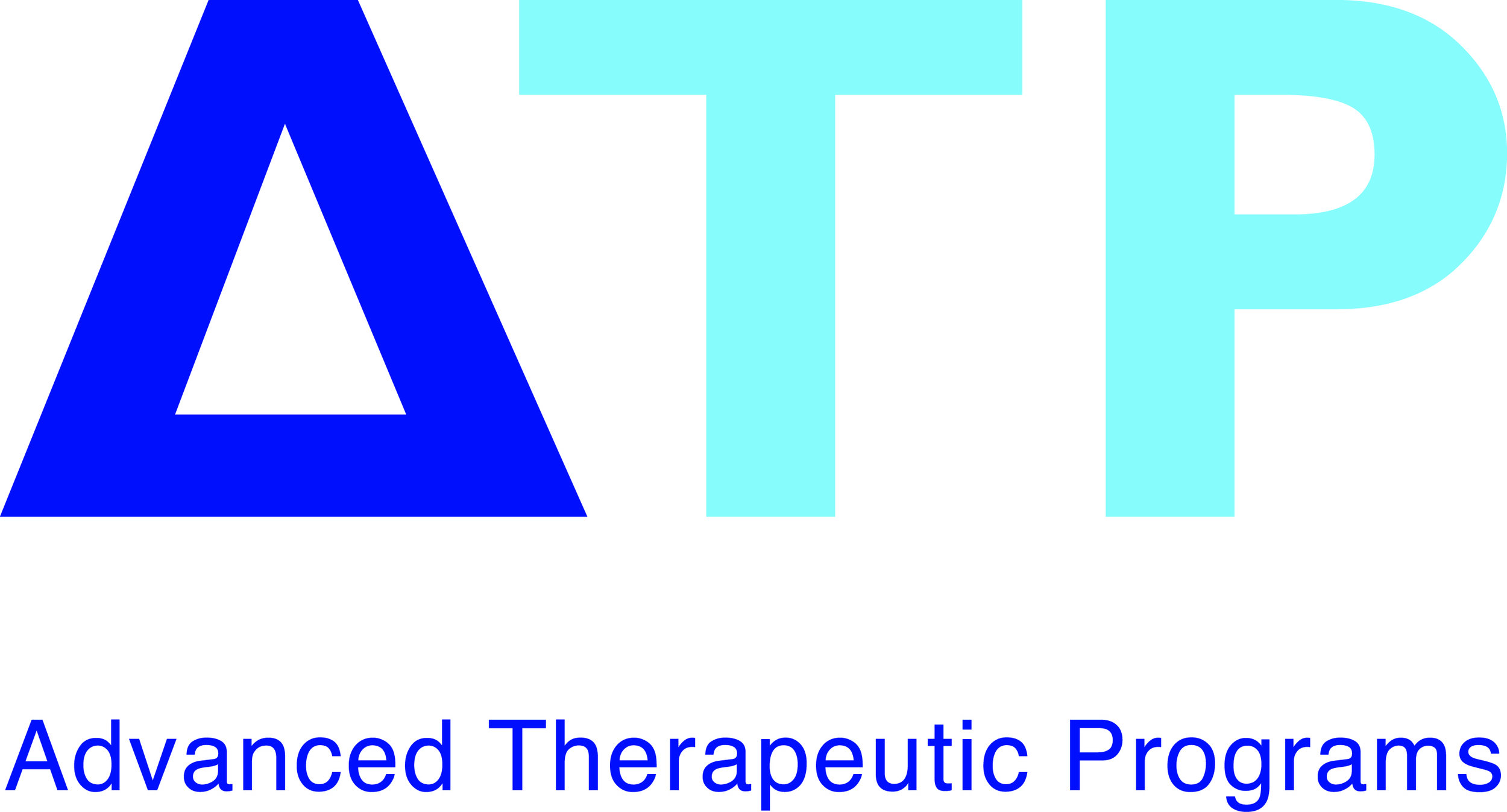
MAP Course
Assessment is critical in directing treatment approaches for effective and efficient results. As we become more and more aware that Function is key, assessing functional capacity becomes critical, in particular since most of the assessment strategies taught to us is from a mechanistic, structure based approach.
The Movement Assessment & Palpation (MAP) course is designed to enhance your abilities to assess loss of movement potential as a method to guide treatment.
The MAP course provides you with a set of principles to guide your assessment in discovering loss of movement potential by distinguishing aberrant fascial tension, loss of motor control and recruitment as well as neural dysfunction, all in an effort to provide a clear map of where to target treatment.
This exploration is distinguishing loss of movement potential begins with recognizing how movement is expressed. A critical theoretical examination that governs what to pay attention to when gathering information from your assessment.
The MAP course will guide you through:
• Integrated movement analysis (Gait, Squat, Pushup, Scapulo-humeral motion)
• Neuromuscular testing & motor patterning testing
• Joint by joint functional capacity (in particular accessory motions)
• Palpation of peripheral nerve branches and their importance
• Palpation of abnormal fascial tension
• Sensory nerve distribution and how it contributes to pain presentation
• Differentials for different pain presentations
• Cadaver videos to allow for improved learning
Palpation
The art of palpation can provide fine details of dysfunction in the body. While in the course, you will learn to develop highly specific palpation skills of the accessible peripheral nerves and abnormal fascial tension. This will include a thorough understanding of why it is important to be able to palpate and assess the functioning of the peripheral nerves and their contribution to movement potential and pain problems. As well, specific palpation strategies will be taught to allow you the ability to decipher minute changes in fascial tension and their contribution to the loss of movement potential.
Neuromuscular Testing
It has been shown that neuro-motor deficits present themselves before the development of most injuries. The ability to assess neuro-motor function thus becomes critical to appreciate and decipher where the body has developed compensatory changes that will contribute to loss of movement capacity and eventually injury. Considerable time will be devoted to develop the skill of neuro-motor testing and how to appreciate different outcomes as well as recognizing motor patterning that may be contributing to the development of the various movement deficits.
Integrated Movement Assessments
Developing the eye to pick up lost movement capacity during motion can be as valuable as any hands on assessments. There is no subsitute to seeing where the body has lost its movement capacity than in motion. The body has been designed for movement, and during movement you get one of the best ways to see where deficiencies have developed. In the MAP course you will begin to develop proficiency in seeing where loss of function exists during various integrated movement assessments.
You will examine different aspects of gait to gain insight of where the body has lost the ability to deal with the forces on it, the various linkages in the chain of compensation that has lead to poor movement strategies all in an effort to get a clearer picture of the source of the presenting pain problem and injury.
“Dr.Z’s knowledge of anatomy and physiology related to the function of the human body is extensive. He was able to effectively transmit this knowledge in a practical way, changing the way I look at the human body and my approach to treatment”
“I have been searching for a course that will actually be useful in practice and I’m happy to have found it! Looking forward to implementing this unique approach and way of assessing patients. Thank you!”
“As always, Mahmoud provides a comprehensive eye-opening approach to assessment and treatment with tools to use first thing Monday morning. The courses through ATP are some of the highest value I’ve taken in nearly 15 years of practice.”
WHAT'S INCLUDED
All course material, lecture slides and a collection of research papers to guide your learning after the course
CANCELLATION POLICY
** Cancellations 14 days or earlier of the course date registered for, NO refund will be provided. However, withdrawal from a course you have registered for greater than 14 days of the course start date a refund will be given minus $100 processing fee. ATP reserves the right to cancel a course, if doing so participants will receive a full refund of the course only. By registering you are agreeing to this.
“Dr. Zaerian’s knowledge of the subject matter is exceptional, and his ability to communicate and effectively demonstrate makes for an amazing learning experience”
“Great seminar! Changed my perspective on manual assessment and how to approach dysfunctions”
“This course provided an awesome approach to functional assessment and treatment options, would recommend it to anyone looking to further their understanding of the body”
“One of the best instructors in over 30 years of practice. Unbelievably knowledgable. Very helpful with technique and treatment ideas. I will be able to help my patients that much more tomorrow.
”


